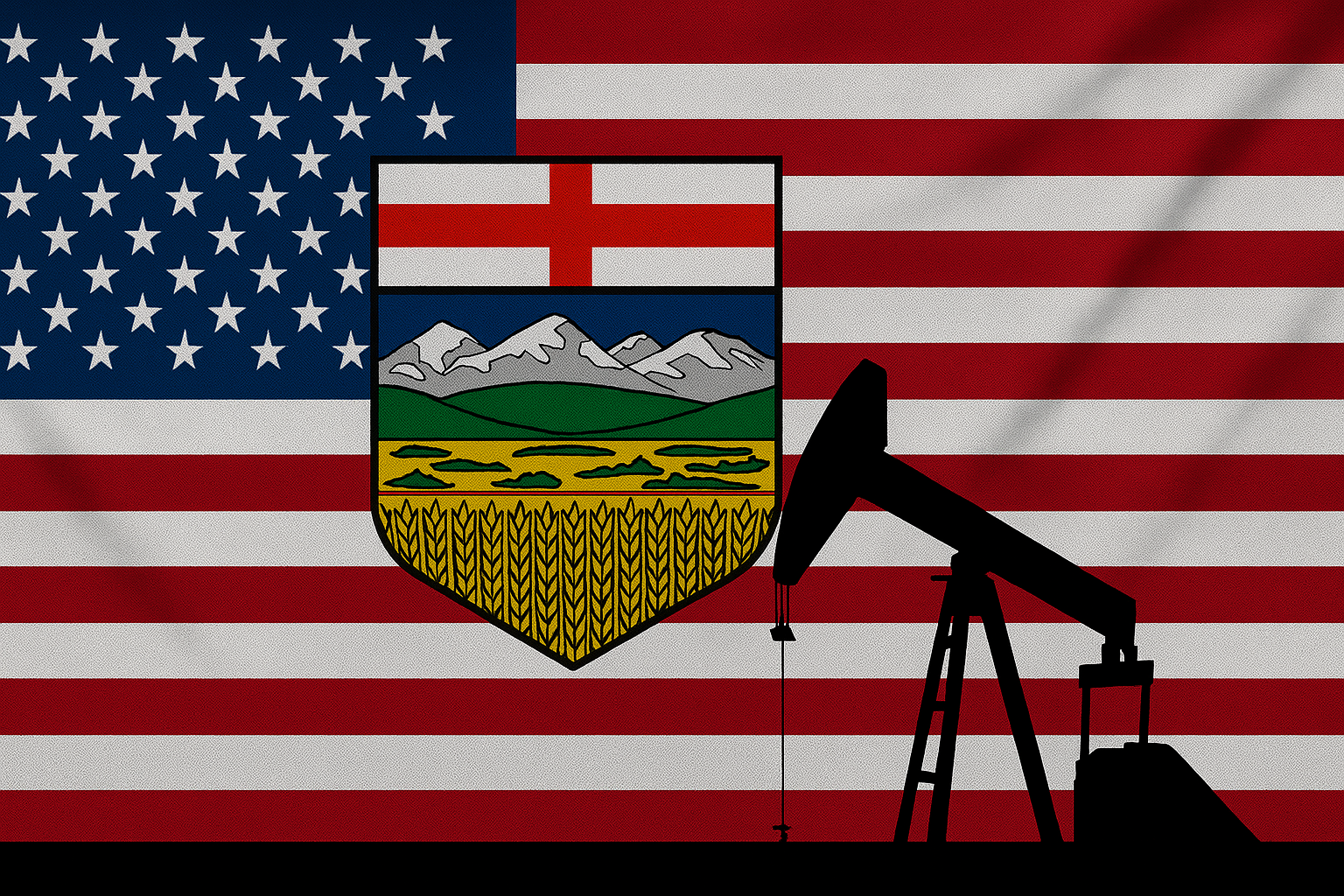For decades, Alberta has stood out as Canada’s economic engine—a province rich in natural resources, entrepreneurial spirit, and rugged independence. Now, a growing chorus of voices—on both sides of the border—is raising a provocative question: What if Alberta became the 51st state of America? While once the stuff of speculative fiction and political outliers, recent economic and geopolitical trends have breathed new life into this conversation. Whether seen as a political fantasy or a future inevitability, imagining Alberta as America’s newest state offers fascinating insights into economics, energy, and North American realignment.
Alberta’s Economic Strength: A Snapshot
Alberta is Canada’s wealthiest province on a per capita basis, with a GDP of over CAD $430 billion (USD $310 billion) and a population of just over 4.8 million. Its vast oil sands reserves, which hold an estimated 165 billion barrels of bitumen, position it as the world’s fourth-largest proven oil reserve. Beyond hydrocarbons, Alberta boasts:
- Agriculture: One of the world’s leading producers of wheat, canola, and beef.
- Technology: An emerging tech scene centered around Calgary and Edmonton.
- Mining: Abundant deposits of potash, coal, and precious metals.
Alberta’s low-tax regime, business-friendly policies, and youthful, skilled labor force have made it a magnet for investment. It contributes roughly 17% of Canada’s total GDP despite housing only 12% of its population.
Why the 51st State Idea Persists
Tensions between Alberta and the Canadian federal government have simmered for years, peaking during disputes over energy policy, carbon taxation, and pipeline approvals. Many Albertans feel that Ottawa’s regulatory framework—particularly under Liberal governments—has throttled their economic potential. The idea of joining the United States, where energy independence and market liberalization are often political priorities, holds a certain allure.
In parallel, American policymakers have long seen strategic value in Alberta’s resources. As the U.S. continues to prioritize energy security and North American supply chains, absorbing Alberta could secure a permanent, domestic-friendly source of hydrocarbons, agriculture, and critical minerals.
The Economic Impact on the United States

If Alberta were to join the Union, it would immediately become one of the wealthiest states. Here’s how Alberta would rank among U.S. states:
- GDP: Alberta’s USD $310 billion economy would slot in just above Connecticut and just below Minnesota.
- Oil Production: Alberta’s output would dwarf that of Texas, instantly making America the world’s undisputed energy superpower.
- Land Area: At over 255,000 square miles, Alberta would be the fourth-largest U.S. state, behind Alaska, Texas, and California.
In addition, Alberta’s strong fiscal position, with relatively low public debt and an established sovereign wealth fund (the Alberta Heritage Fund), would make it an economic net contributor rather than a drain on federal resources.
Trade, Investment, and Offshore Implications
Alberta’s accession would redraw the map of North American trade. The Canada-United States-Mexico Agreement (CUSMA) would require renegotiation or amendment, and investors would need to reassess their positions in Canadian assets. For offshore investors, the shift could spark both disruption and opportunity:
- Oil and Gas: Alberta’s hydrocarbons would transition from being “foreign” to “domestic” in the eyes of U.S. regulators, likely spurring capital flows and infrastructure investment.
- Real Estate: A surge in demand for commercial and residential properties could drive up prices in key Alberta cities.
- Banking: Alberta-based financial institutions would face new compliance obligations under U.S. law, opening opportunities for cross-border financial structuring and offshore banking solutions.
Political Hurdles and Realities
The path to statehood is fraught with legal and constitutional barriers. Both the Canadian Parliament and U.S. Congress would need to approve such a move, likely through referenda and complex negotiations. Ottawa, keen to preserve national unity, would resist any serious move toward secession, while Washington may be cautious about the diplomatic fallout.
Yet, history shows that geopolitical shifts once thought unthinkable—from Brexit to German reunification—can and do happen. The Alberta independence movement, while currently a fringe phenomenon, reflects deeper frustrations that may grow if economic or political crises intensify.
Conclusion: A Thought Experiment Worth Considering
Whether Alberta ever becomes the 51st state is anyone’s guess, but the conversation itself underscores significant trends: Western Canada’s ongoing push for greater autonomy, the global rebalancing of energy markets, and North America’s evolving economic landscape. For investors—especially those with offshore interests—keeping a close eye on Alberta is more than a curiosity; it’s a smart hedge in a world where yesterday’s impossibilities often become tomorrow’s realities.
At Invest Offshore, we continue to monitor geopolitical shifts that may redefine capital flows, resource access, and offshore investment opportunities. Alberta, with its immense wealth and dynamic political climate, remains firmly on our radar.
Invest Offshore has investment opportunities in West Africa seeking investors for the Copperbelt Region.

Leave a Reply